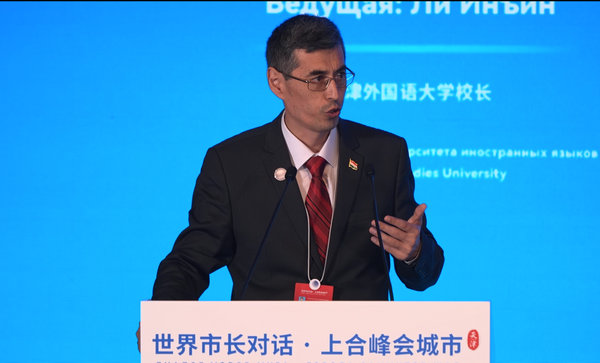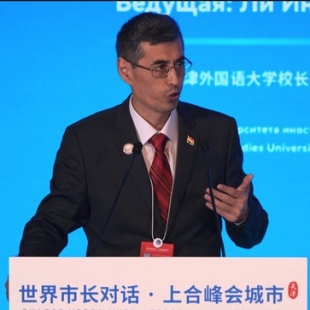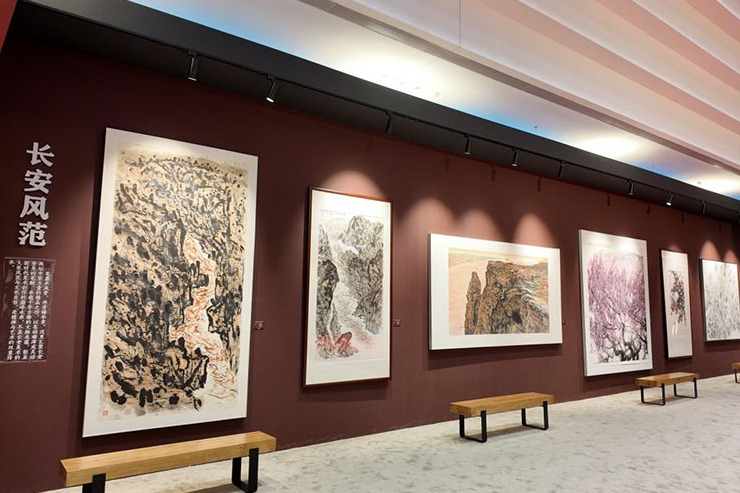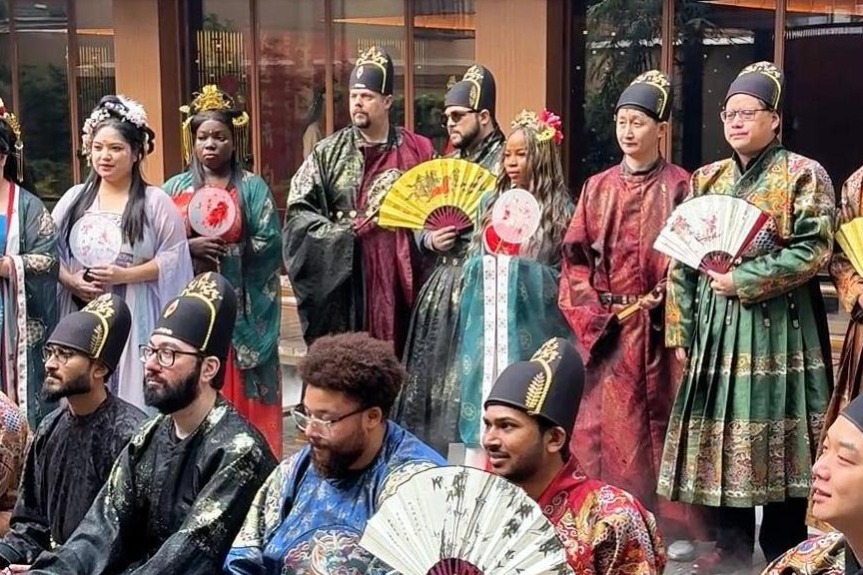Tajik scholar urges cultural heritage protection in SCO countries


What has enabled the Shanghai Cooperation Organization to remain strong for 24 years and continue expanding its community?
"The uniqueness of SCO lies in the fact that despite cultural diversity and civilizational pluralism, SCO member states have been able to coexist peacefully, develop cooperatively and made positive contributions to peace and development in Eurasia and even the world," Akmal Nematov, deputy secretary-general of the National Academy of Sciences of Tajikistan, said in his speech at the "Global Mayors Dialogue—SCO Summit Cities" event in Tianjin on Tuesday.
Founded in 2001, the SCO, a permanent intergovernmental international organization, has expanded from six founding members to a "big SCO family" of 26 countries (10 full members, two observer states, and 14 dialogue partners).
"It is this guarantee of cultural diversity, cultural dialogue, and peaceful coexistence that makes SCO a unique example, showing a clear possibility to other international and regional organizations in the world: even if nations come from different cultural, religious, and civilizational backgrounds, they can coexist peacefully, interact effectively, and jointly promote cultural development and cooperation," Nematov said.
The Tajik scholar noted that the ancient Silk Road has left a rich legacy of ancient culture and history for the SCO member states, which are home to 150 UNESCO World Heritage Sites, embodying the longstanding civilization history of the SCO nations.
"We believe that the cultures of all ethnic groups in SCO member states are unique. It is essential to preserve their traditions in their original form and protect them from erosion caused by certain global subcultural influences that are incompatible with traditional cultures in many ways," he said.
Nematov urged that the protection of cultural heritage, together with political independence, economic prosperity, and security and stability, should become one of the core tasks of the organization.
The Tajik scholar suggested that a special institution be established within the SCO framework, responsible for protecting the cultural heritage of SCO member countries and promoting mutual learning about best practices in this area.





































